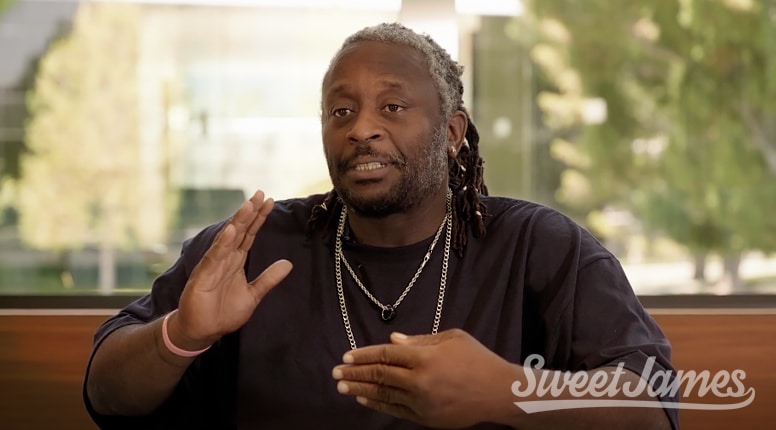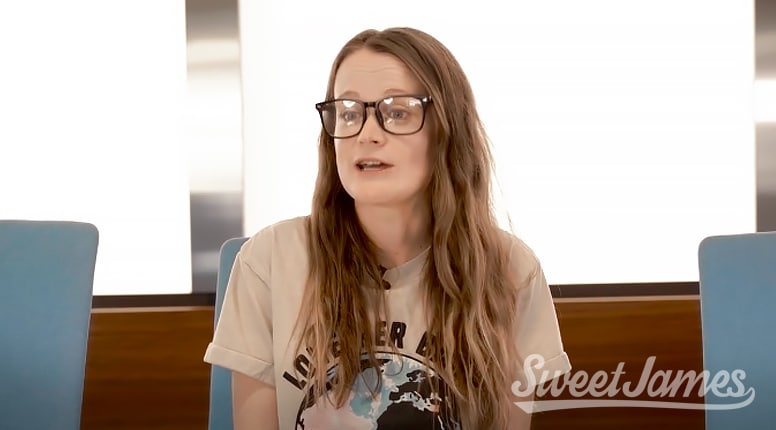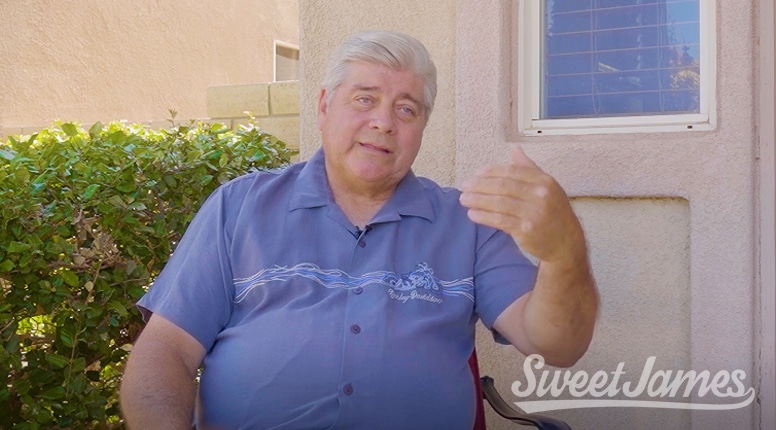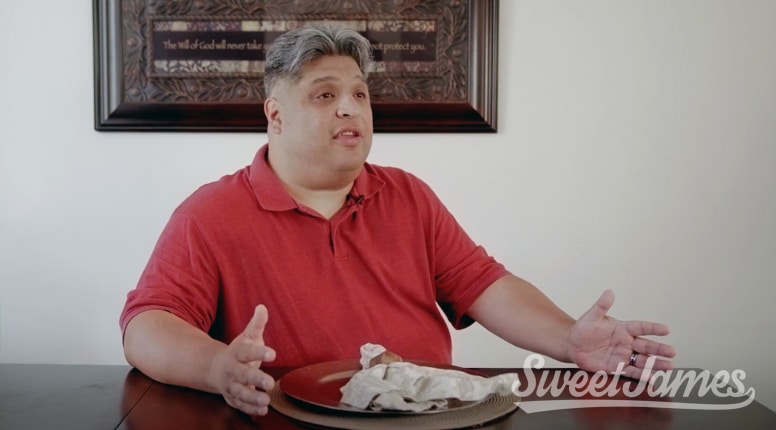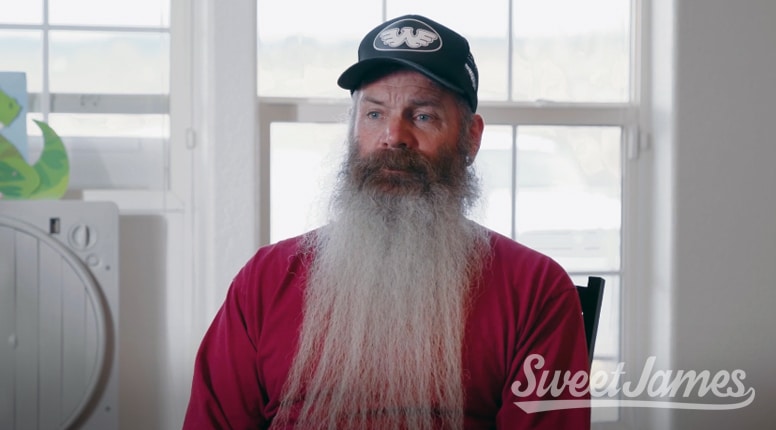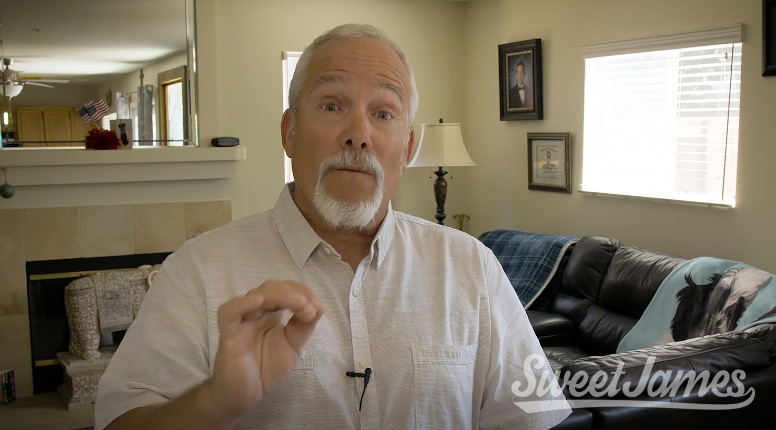Sweet James Accident Attorneys
Las Vegas Office Location
6010 S Durango Dr.
Suite 200
Las Vegas, NV 89113
(800) 900-0000
Trust Success
We Are Your Champions
Millions of Dollars
Recovered
98% Success Rate
Record
Over 50
Attorneys
500+ Trials
Experience
Sweet James
Las Vegas
Located near the Las Vegas strip

Sweet James Accident Attorneys Las Vegas offices are located near the Las Vegas strip. If you or a loved one have been injured in an accident in Las Vegas, our team of personal injury lawyers and their experienced staff has your back. You don't need to deal with the insurance company directly, one of our experienced personal injury lawyers and their staff will do it for you. The insurance company's goal is to pay you as little as possible, don't let that happen, call us, our accident attorneys will fight for the maximum compensation available under the law.
We know how difficult recovery can be when you are faced with medical bills, property damage, and missed work. All that time and money adds up, and you deserve to be compensated for all of it. With over 20 years of experience in personal injury law, Sweet James and his team of Las Vegas personal injury attorneys will help you. Call us today and set up your free accident consultation. We will talk with you about your case, and explain how to get started with your accident lawyer and their staff of professionals.
We have helped thousands of clients with their accident and injury cases, so we know how to build a comprehensive case on your behalf. If you or a loved one have been in a car accident or were injured due to the negligence of someone else, our Las Vegas accident attorneys will help you. If you are not able to make it to our Las Vegas office, we will send one of our experienced legal professionals to you. We are here to help you get through this stressful process, so you can focus on what's most important, your recovery.
Let our experienced team of personal injury attorneys handle every aspect of your case, so that you can focus on recovering and getting your life back to normal. Call us, or fill out our form to have one of our representatives help you get started on your case. Set up your free consultation with an experienced representative from our staff. Speak with us risk free, we understand it can be stressful to get the process started, Sweet James handles the complex legal details for you. Don't wait, contact us today and start so we can advocate for the resolution of your case.
The only call you need to make is to Sweet James Accident Attorneys in Las Vegas.
Disclaimer: Past results do not guarantee future outcomes.
DON'T TAKE OUR WORD
See What Our Clients Say
We're honored to have earned over 600 5-Star reviews on Google and Yelp by helping people through life's toughest moments. Our clients' trust means everything, and we're grateful to fight for the justice they deserve.

WE Can Help You
Recover More Than You think
If you've been hurt in an accident, get Justice With Sweet James. Expect to receive the most compensation for your injuries from the law firm that's recovered over $2 Billion for accident victims and a 98% success rate.
Our PRACTICE AREAS
We've Got You Covered
awards
Nationally Recognized




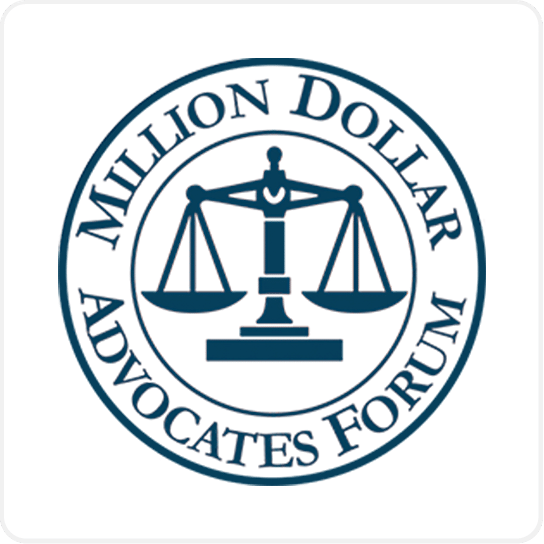
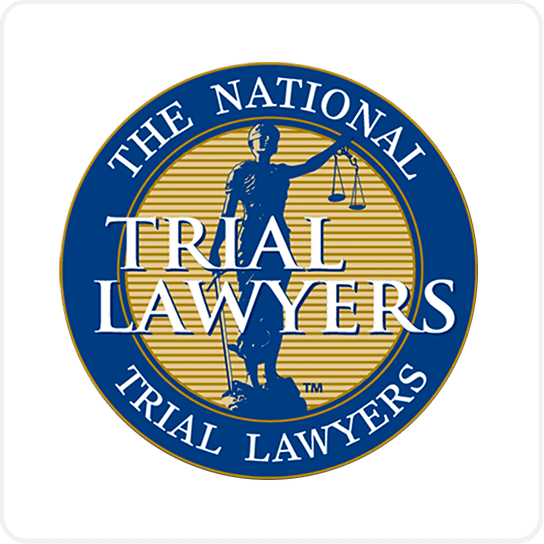

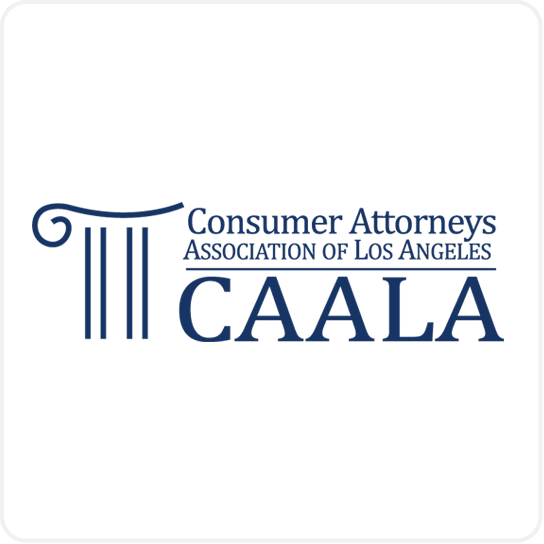
Get Your FREE Case Review.
All law firms are not the same. There is only one Sweet James.



